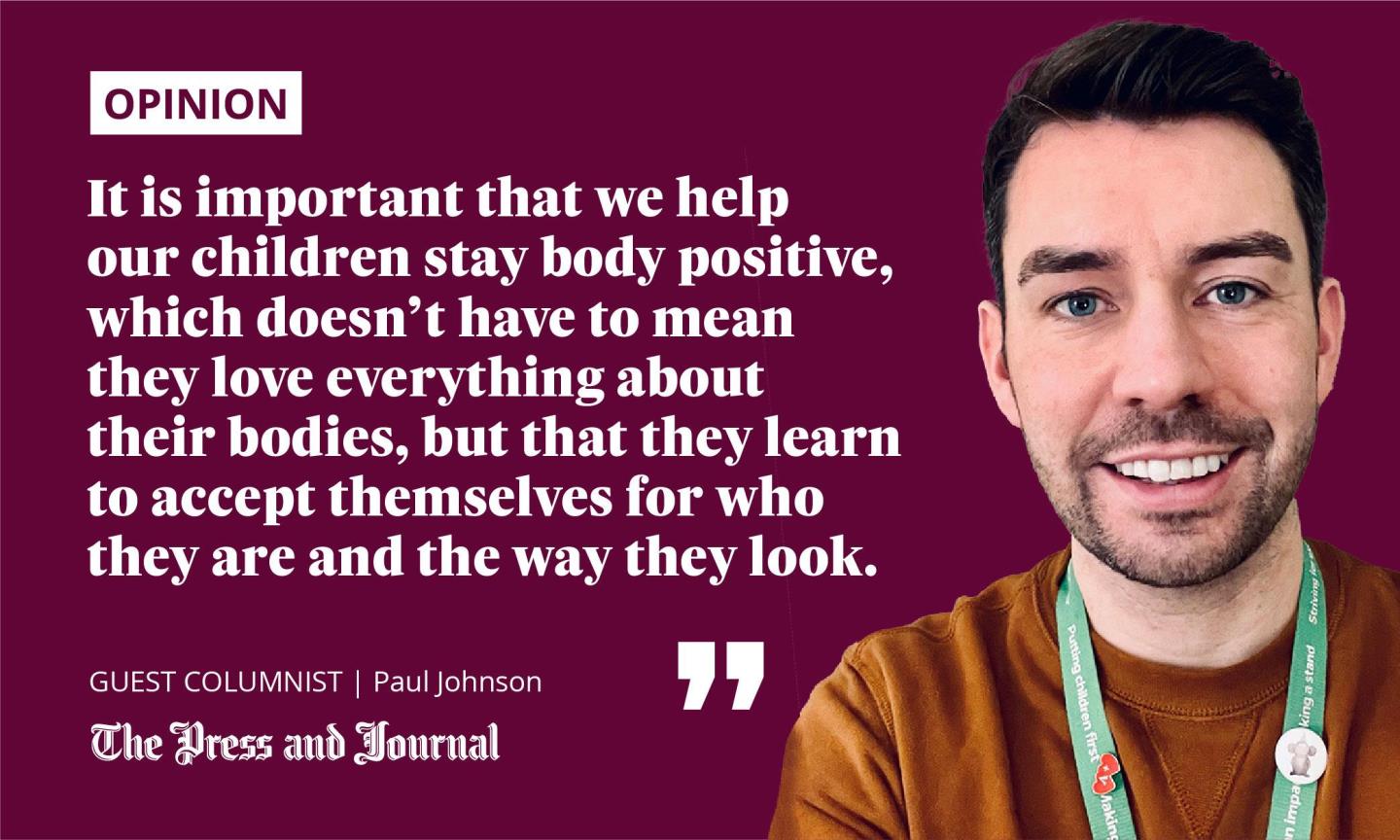As they grow up, many children feel concerned about their body image.
There can be a lot of pressure on young people to look a certain way and fit in. And worrying about the way they look or how people see them can cause feelings of anxiety or distress.
Sometimes, if a child has been bullied for the way they look and they haven’t spoken to an adult about it and received support, it can lead to them having a negative body image. This can develop into body dysmorphia and, potentially, an eating disorder, if symptoms continue to be overlooked.

Out of almost 5,000 counselling sessions on body image and eating disorder issues, just under half were delivered to children aged 12 to 15. And 74% of counselling sessions were with girls.
It is important that we help our children stay body positive, which doesn’t have to mean they love everything about their bodies, but that they learn to accept themselves for who they are and the way they look. This can be achieved through focusing on what they like about themselves, rather than what they dislike.
Kids may be embarrassed about discussing body image
It can be difficult to know if a child is feeling this way, as they may be embarrassed talking about such issues. But if as a parent you are worried, a general chat about how they are feeling may reveal whether they are having these thoughts.
Warning signs include a lack of appetite or strange eating habits, unexplained weight loss or gain, unusual mood swings, secrecy, an obsession with looking in the mirror or avoiding mirrors completely, and excessive exercising.
One or more of these could be an indication that a child is suffering from a negative body image or eating disorder, and it’s important that they receive support as soon as possible to help them and prevent other mental health problems developing.
Set a positive example
If a child is worried about their appearance, there are many practical ways you can help, as a parent or carer. You can sympathise with how they are feeling but let them know that everyone is an individual and it’s not necessary to compare yourself to other people. You can also try being positive about your own body, or at least not openly negative.
Focus on hobbies your kids enjoy, with the aim of building their confidence
Try asking them to write down three things they like about themselves and read it every morning. Focus on hobbies they enjoy, with the aim of building their confidence.
Growing up isn’t easy and often others are struggling with similar issues. Sharing thoughts with other young people on our Childline message boards and reading their comments can make children realise they’re not alone.
To speak to a trained Childline counsellor, children and young people can call 0800 1111.
Paul Johnson is a Childline team manager in Aberdeen
